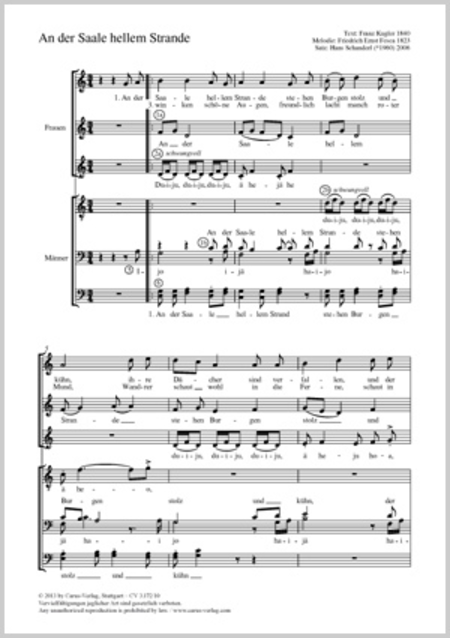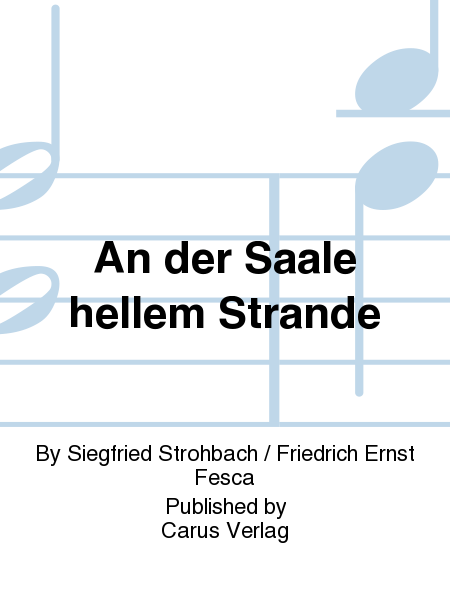Friedrich Ernst Fesca (1789 - 1826)
 Allemagne
Allemagne
 Allemagne
AllemagneFriedrich Ernst Fesca (February 15, 1789 – May 24, 1826) was a German violinist and composer of instrumental music. He was born at Magdeburg. His father, Johann Peter August Fesca, was the market judge of Magdeburg and active in the musical part in the city; he devoted much of his time to the practice of the violoncello and piano. His mother was a singer educated under Johann Adam Hiller and Marianne Podleska; she had been a professional vocalist in early life.
Friedrich received his early ... (Read all)
Source : Wikipedia
Friedrich received his early ... (Read all)
Source : Wikipedia
FREE SHEET MUSIC
- Violin
Active criterias:
Search
| ||||||||||













